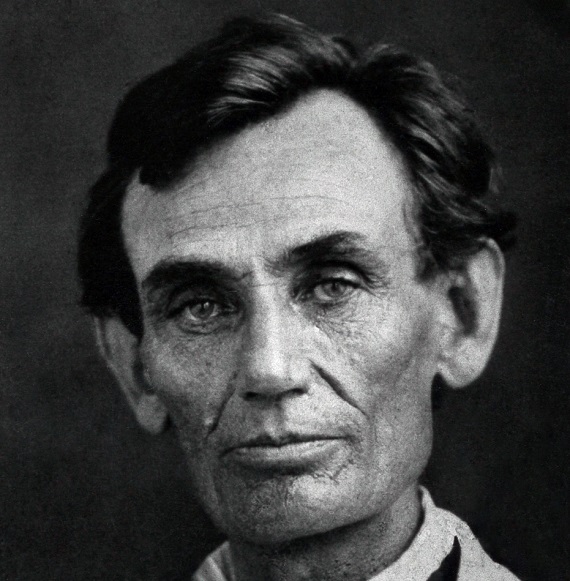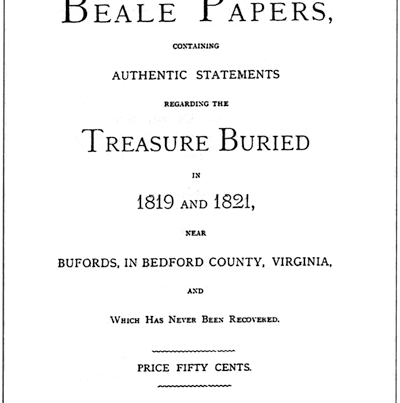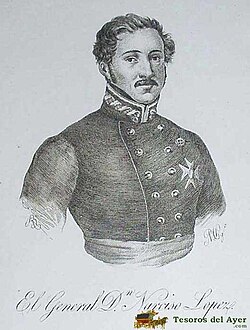“What caused the Civil War?” Ever since the close of the conflict, historians have been struggling with this crucial question. Given the profound consequences of the war, asking “how?” and “why?” are worthy endeavors. Lately, however, the cause of the War of Southern Independence has been distilled down into a single word: slavery. Ideology has deposed understanding.
This notion that the question of “what caused the Civil War?” must have a one-word answer is extraordinarily simplistic. History is a complex tapestry full of individual threads, all of which contribute to a grand design. By reducing the answer to a single word, scholars with an appreciation for complexity are drowned out by ideologues with an axe to grind. For example, in one episode of “The Simpsons,” an immigrant taking his citizenship test is asked what caused the so-called Civil War. “Actually,” he answers, “aside from the obvious schism between the abolitionists and the anti-abolitionists, there were economic factors, both domestic and inter-” At this point, the official interrupts. “Just say slavery.”
This one-word mania is also a transparent double standard: no other historical event of similar significance is treated so crudely. Imagine trying to give a one-word answer to “what caused the decline and fall of the Roman Empire?” or “what caused World War I?” Such an answer would be unthinkable, and rightly dismissed as shallow and oversimplified, yet when it comes to the most momentous event in American history since the American Revolution, it must be one word, and that word must be slavery.
Unlike other questions of history, which may be respectfully and cordially debated among gentlemen – e.g. “Was it taxation without representation or the closing of the frontier which motivated Americans to secede from the British Empire?” – this question has a doctrinaire answer which is strictly enforced. Any who dissent from the sola slavery dogma are exiled as heretics. The public – at least the dwindling fraction of those who still read – is instructed to ignore the “neo-Confederates” roving about the wilderness. Unfortunately, this is what passes for history today.
If a one-word answer must be given, then it must be in the broadest terms possible. “What caused the Civil War?” Obviously, the sectional conflict between the North and the South. This conflict, however, was rooted in divergent cultures, spanned several generations, and encompassed a host of outer issues and underlying principles. To be sure, slavery was a major part of the sectional conflict – although as Jefferson Davis claimed, no other subject has been as misrepresented or misunderstood – but to insist that slavery is the one-word answer is to pass off a single thread as a tapestry.
It cannot be stressed enough – indeed, this is a basic point lost on almost all of the so-called experts – that secession is an act of peace, not an act of war. The Declaration of Independence was not a declaration of war. As Thomas Jefferson wrote in 1776, secession is simply the dissolution of political bonds between people. If anything, secession allows two sides to avoid bloodshed and settle their differences civilly. Indeed, in his First Inaugural Address, President Jefferson Davis claimed that the South was “moved by no interest or passion to invade the rights of others, anxious to cultivate peace and commerce with all nations.” According to Davis, “The separation of the Confederate States has been marked by no aggression upon others.” By contrast, in Abraham Lincoln’s First Inaugural, he decried secession as “anarchy,” and threatened any States which resisted federal authority with “force,” “invasion,” and “bloodshed.” Interestingly, Lincoln also reiterated that he had no intention to interfere with slavery and endorsed a constitutional amendment for slavery’s permanent protection.
It was Lincoln who refused to meet with the Confederate commissioners sent to Washington, D.C. to negotiate the South’s parting obligations to the Union. It was Lincoln who, refusing to recognize the Confederacy, had his Secretary of State string the commissioners along for a month, treacherously telling lies while he orchestrated a crisis at Fort Sumter. It was Lincoln who circumvented Congress by unilaterally declaring war on the Confederacy, driving an outraged Upper South out of the Union in the process. It was Lincoln who repeatedly disavowed that he was waging war against slavery, and stressed “the Union,” “the government,” and “the flag.” It was Lincoln who, when he did settle on an “emancipation policy,” referred to it as a “practical war measure” and “means” for the “suppression of the rebellion.” These are the facts to keep in mind when asking “what caused the Civil War.”
The War of Southern Independence, as with all history, is a tapestry of many threads, each of which deserves to be studied.








The American civil war was about England’s civil war and the British empire. Abraham Lincoln was bred for the purpose by the German royals ( which was the way of control of the British royals worldwide) who were at war withe the Scottish royals who were at war with the English Parliament.
Abraham Lincoln was Abraham enloe the relevant name being the wife of enloe being Egerton who was of British royalty.
All of the American presidents were related to the original Scottish (Stuart royals female extensions of the tudors).
The American presidents of Scottish king origin killed Abraham enloe Lincoln from the box below and framed John Wilkes booth using all royal related witnesses and judges and to negate any royalty involvement being shown. The emancipation proclamation introduced black soldiers against their former masters and took away the incompliant lands of those royals who were related to and ran the confederacy. The Stuart royals had been banished from there lands in England and were not going to allow it again in America. The American presidential families killed Abraham Lincoln but the real story indicated the reason being British royalty on whichever side from whom Americans thought they had independence. The real story therefore could not be told either way so american history is false and continues today.